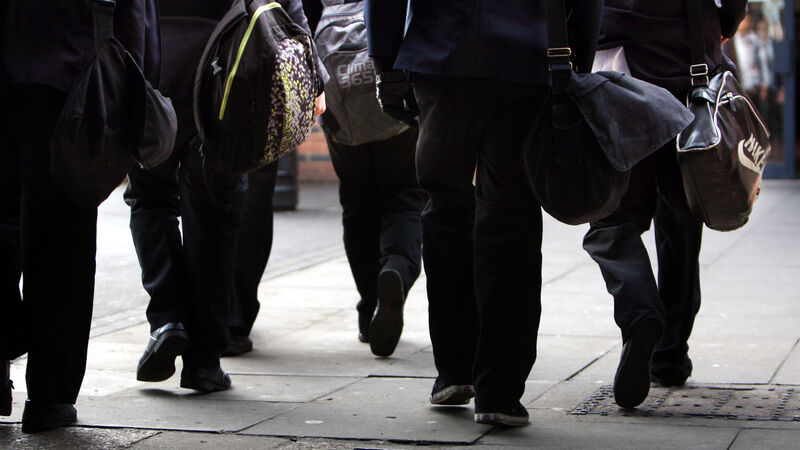'I hate asking parents for money': Primary schools struggle amid the cost-of-living crisis

'The different activities that we would have had for children in years gone by, you wouldn’t have even thought about it — now you are questioning if we can afford it. That’s where the children are really missing out.' Stock picture: PA
Primary school principal Marie McKeogh counts herself fortunate. Her school, St Nessan’s National School on the outskirts of Limerick city, has a hall and classrooms that it can rent to the local communities of Mungret, Raheen, and Crecora.
“That’s making up for a shortfall of about 40% of our monthly budget,” she explained.













